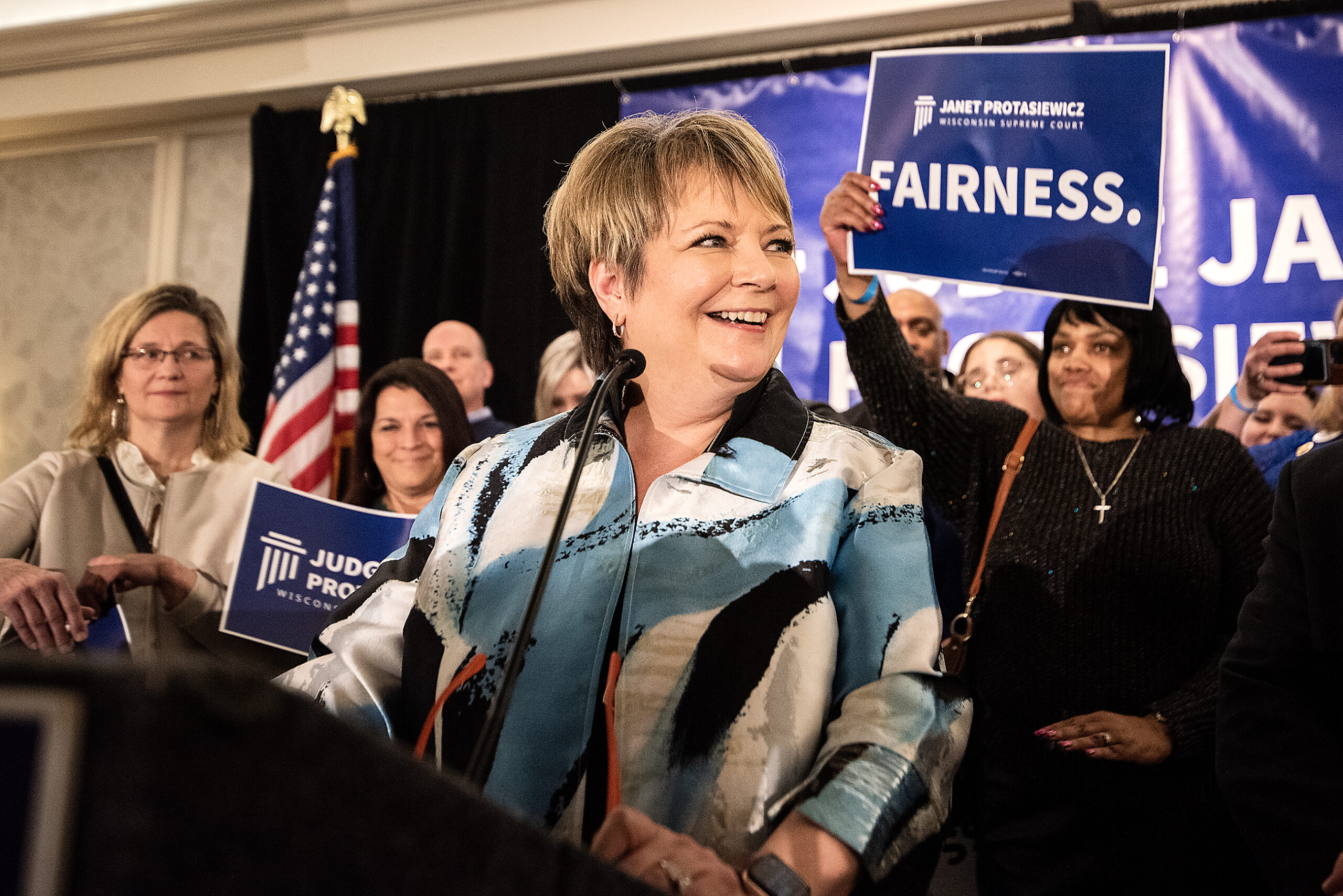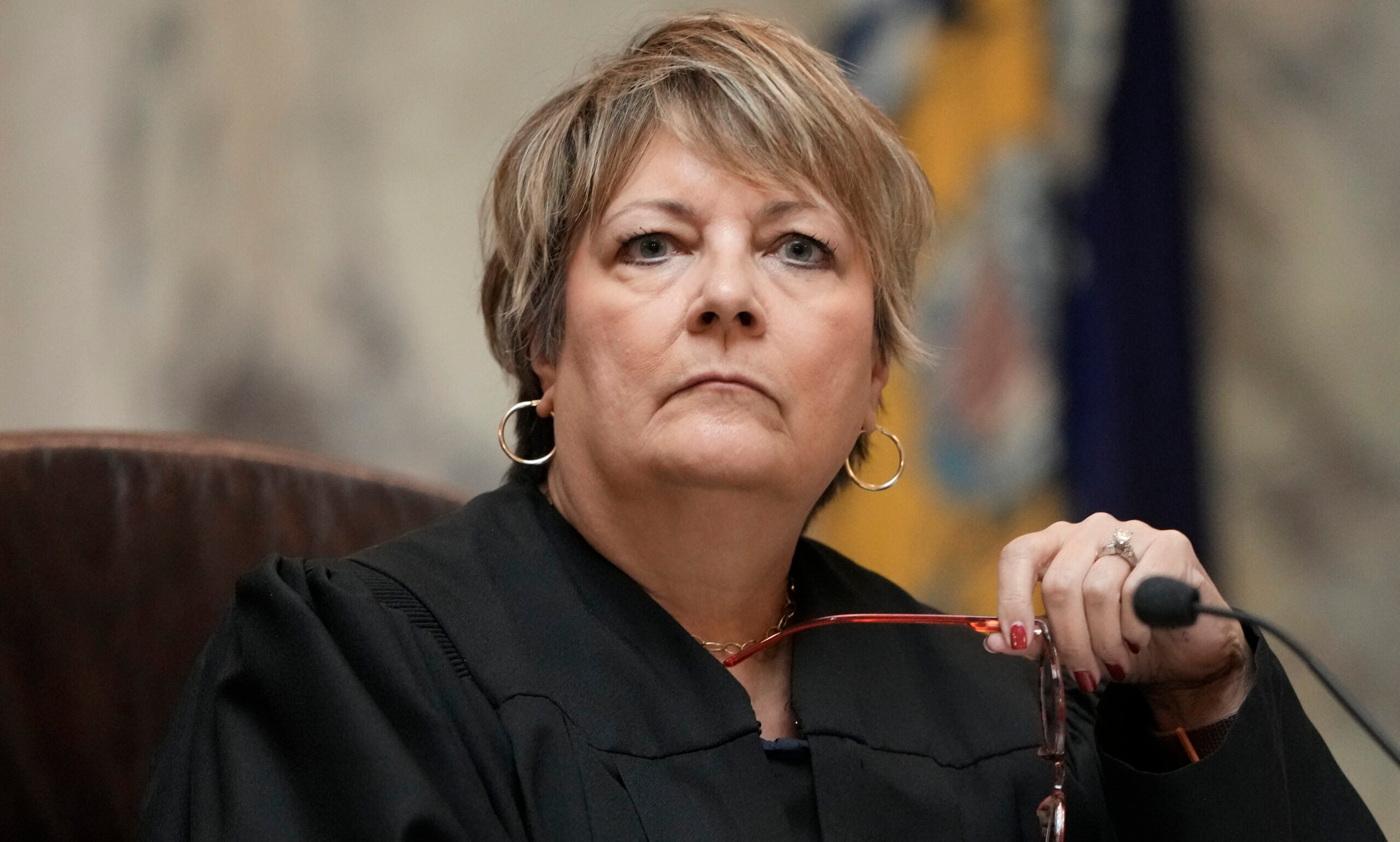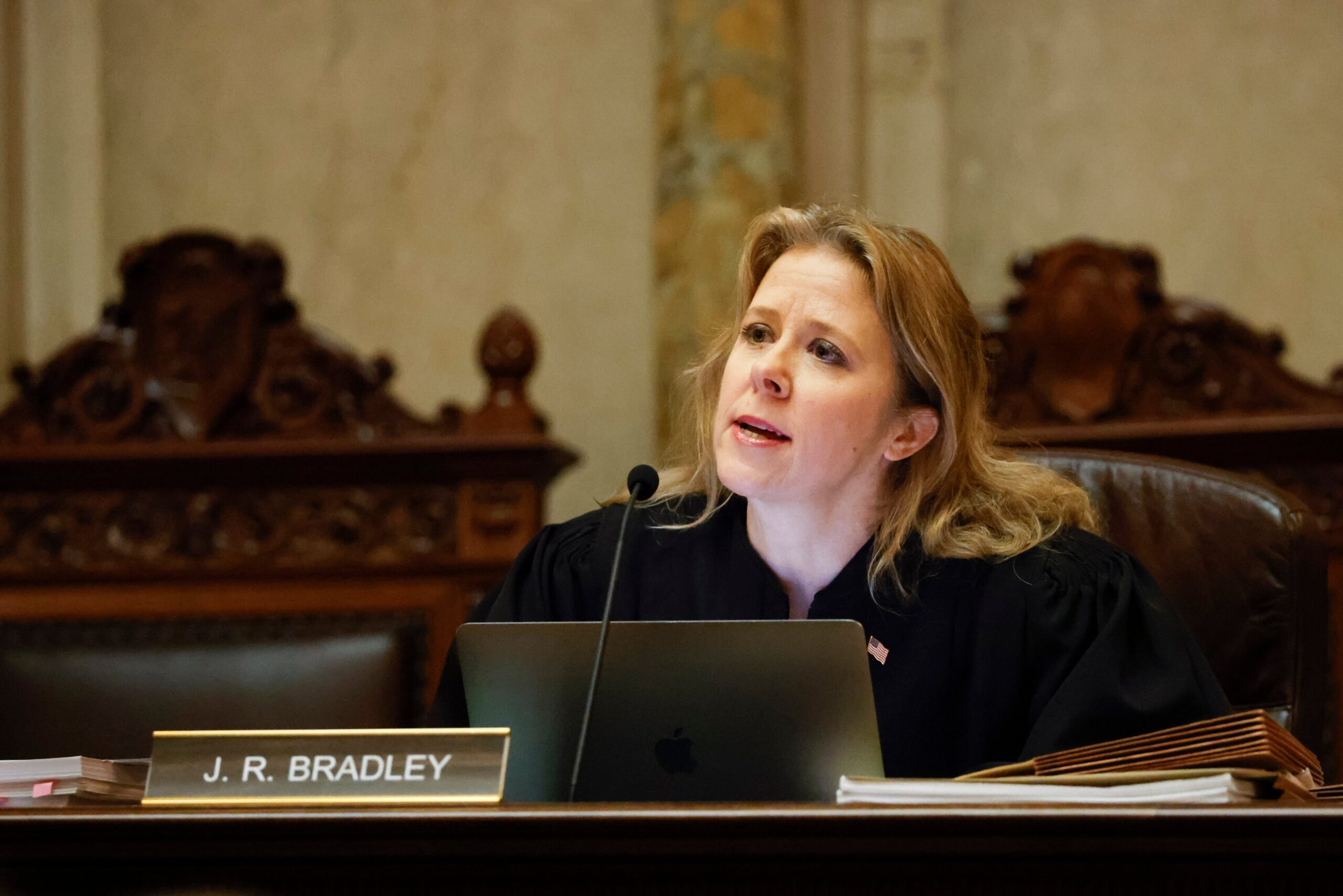Milwaukee County Judge Janet Protasiewicz has won a hotly contested race for the Wisconsin Supreme Court, defeating former Justice Dan Kelly to give liberals a majority on the court for the first time in 15 years.
The win by Protasiewicz comes at a pivotal time for the court, and for the Democratic voters who carried her to office. Justices are all but certain to hear a challenge to Wisconsin’s pre-Civil War abortion ban, and with a liberal majority, they’re likely to consider a lawsuit that could overturn Wisconsin’s Republican-drawn legislative maps.
Barring the unexpected, the victory also assures that liberals will hold a majority on the court ahead of next year’s presidential election, when swing state Wisconsin is expected to again be pivotal in the race for the White House. When election lawsuits are filed in state court, Protasiewicz will be one of the seven justices who decide them.
News with a little more humanity
WPR’s “Wisconsin Today” newsletter keeps you connected to the state you love without feeling overwhelmed. No paywall. No agenda. No corporate filter.
The Associated Press called the race for Protasiewicz at 8:54 p.m. after early unofficial results poured in heavily in her favor.
As Protasiewicz approached the stage for her victory speech, the crowd at the Saint Kate hotel in downtown Milwaukee erupted, while some of her closest supporters danced on stage. Toward the end of her speech, Protasiewicz was joined onstage by Justices Ann Walsh Bradley, Rebecca Dallet and Jill Karofsky, the three liberals she’ll soon join on the Wisconsin Supreme Court.
“Our state is taking a step forward to a better and brighter future where our rights and freedoms will be protected,” Protasiewicz said. “And while there is still work to be done, tonight we celebrate this historic victory that has obviously reignited hope in so many of us.”

Protasiewicz was born and raised on Milwaukee’s south side, spending 25 years as a prosecutor in the Milwaukee County District Attorney’s office and most of the last decade as a judge.
While she never promised to rule one way or another on cases that come before the state Supreme Court, Protasiewicz was especially open about her politics during the campaign. On the issue of abortion, she said she believed women have a right to choose. When it came to redistricting, she called the state’s Republican-drawn legislative maps “rigged.”
Her campaign also relied more than any in history on the Democratic Party of Wisconsin’s financial support, so much so that Protasiewicz vowed to recuse herself from cases involving the state party once she takes office.
To say Democrats have high hopes for the court once Protasiewicz takes office may be an understatement. Should the court redraw the maps and give Democrats a better chance of winning races for the state Legislature, their hope is that they could finally push the state’s political trajectory to the left.
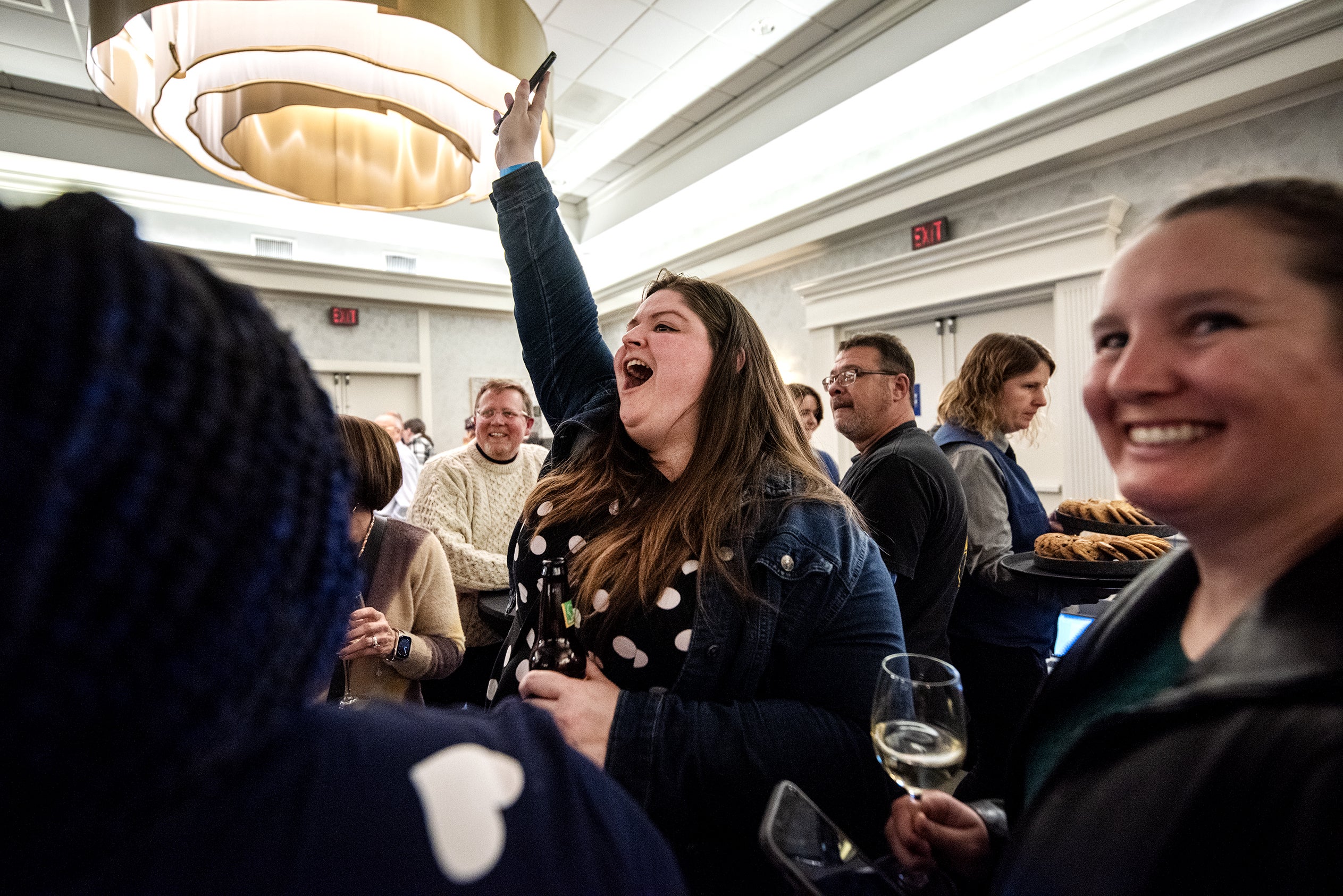
As a candidate, Kelly downplayed his political views, but he brought a long Republican resume to the race. Kelly was originally appointed to the court by former Republican Gov. Scott Walker in 2016, beating out 10 other applicants for the job. Kelly had been active in the Federalist Society and was once on a litigation advisory board for the conservative Wisconsin Institute for Law and Liberty.
Most of Kelly’s career was spent as an attorney in private practice. In 2012, he defended Wisconsin’s Republican-drawn legislative maps in federal court. In 2020, after Kelly lost his first election to now-Justice Jill Karofsky, he returned to private practice, where his clients included both the state and national Republican parties.
Kelly’s biggest financial backers included Wisconsin Manufacturers & Commerce and a group called Fair Courts America, which is funded by GOP megadonor Richard Uihlein. Together, they spent more than $10 million on ads criticizing sentences handed down by Protasiewicz as a judge in Milwaukee County.
Kelly was sharply critical of the way Protasiewicz ran her campaign, and that continued as he spoke to supporters at The Heidel House in Green Lake. Kelly had sharp words for Protasiewicz, saying she had “demeaned the judiciary” with her campaign.
“I respect the decision that the people of Wisconsin have made,” Kelly said. “But I think this does not end well.”

While money from Kelly and conservative groups came in heavy during the closing weeks of the campaign, Protasiewicz was able to counter with a fundraising haul that shattered records for a candidate. She raised more than $14 million this year, with the bulk of those funds — more than $8 million — coming in transfers from the Democratic Party of Wisconsin.
As a candidate, Protasiewicz paid lower rates for her advertising than outside groups, meaning she got more bang for her buck than Republicans. She also used her early fundraising edge to fund an ad blitz against Kelly after the February primary, before Kelly and his conservative backers had a chance to hit back.
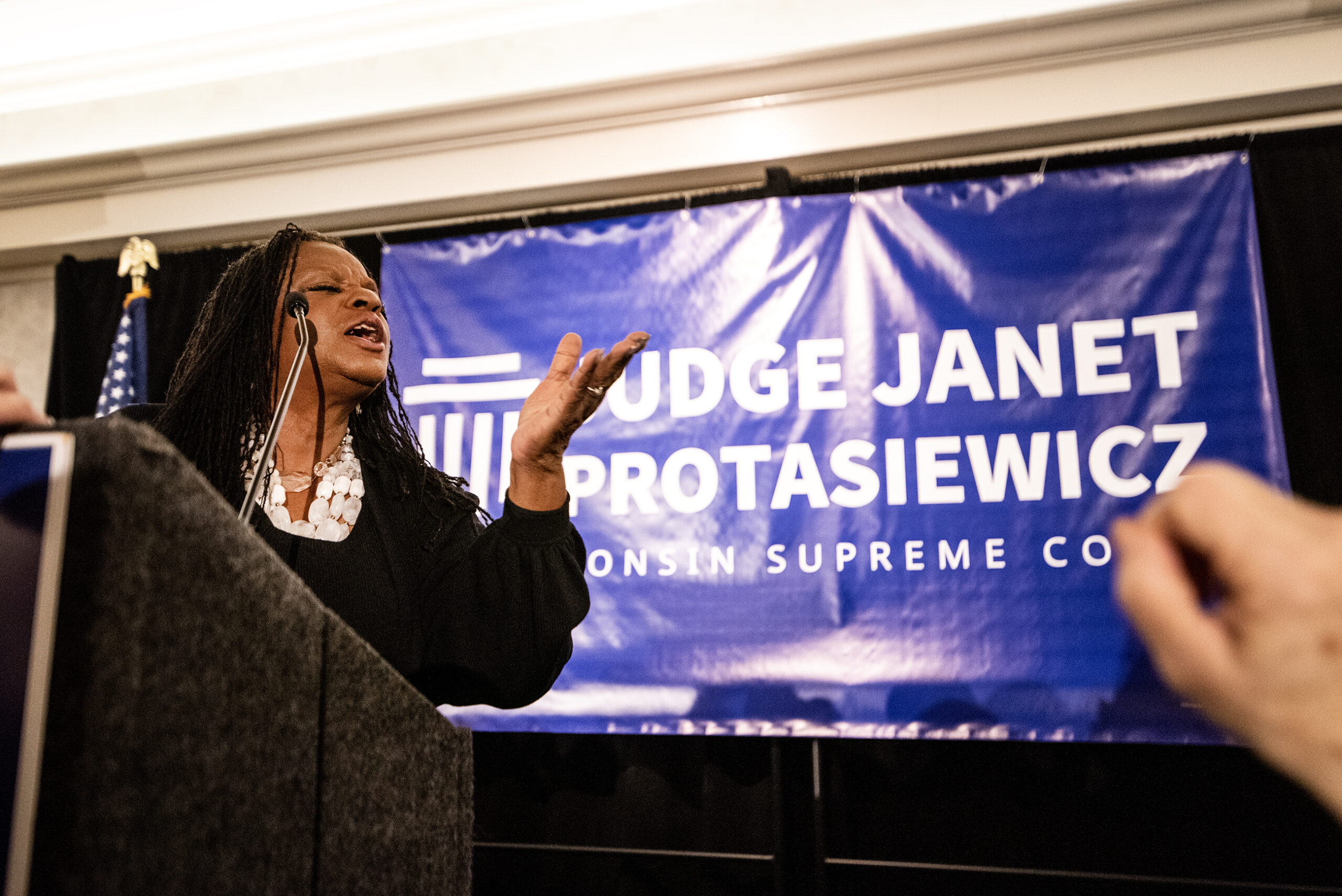
A lot has happened in government since the last time liberals held a majority on the Wisconsin Supreme Court. George W. Bush was president, Jim Doyle was governor, Scott Walker was still Milwaukee County’s executive and Tony Evers was still the state’s deputy superintendent of schools.
Conservatives flipped the court in April 2008 when then-Judge Michael Gableman defeated then-Justice Louis Butler, who had been appointed by Doyle. Butler ran an old-fashioned judicial race, never talked about his personal politics, and lost the low-turnout race by about 22,000 votes.
Democrats came close to flipping the court back in April 2011 after Walker’s landmark collective bargaining law sparked massive protests at the Wisconsin Capitol. That year’s Supreme Court race supercharged the Democratic base, but it energized Republicans just a little bit more. Then-Justice David Prosser defeated Judge Joanne Kloppenburg, the liberal challenger, by about 7,000 votes out of more than 1.5 million cast.
Liberals spent much of the next decade in the wilderness. Each time they had a chance to flip the court, they came up short, to conservative Justices Patience Roggensack in 2013 and Rebecca Bradley in 2016. After liberal Justice Shirley Abrahamson retired, they lost more ground, when conservative Justice Brian Hagedorn won the open seat by fewer than 6,000 votes. That left the court’s conservative majority at 5-2.
It took time, but over the next two elections, Democrats fought their way back. Karofsky defeated Kelly by double-digits in 2020, likely due in part to a surge in Democratic turnout from the presidential primary happening on the same day. And Protasiewicz beat Kelly again this year to seal the deal.
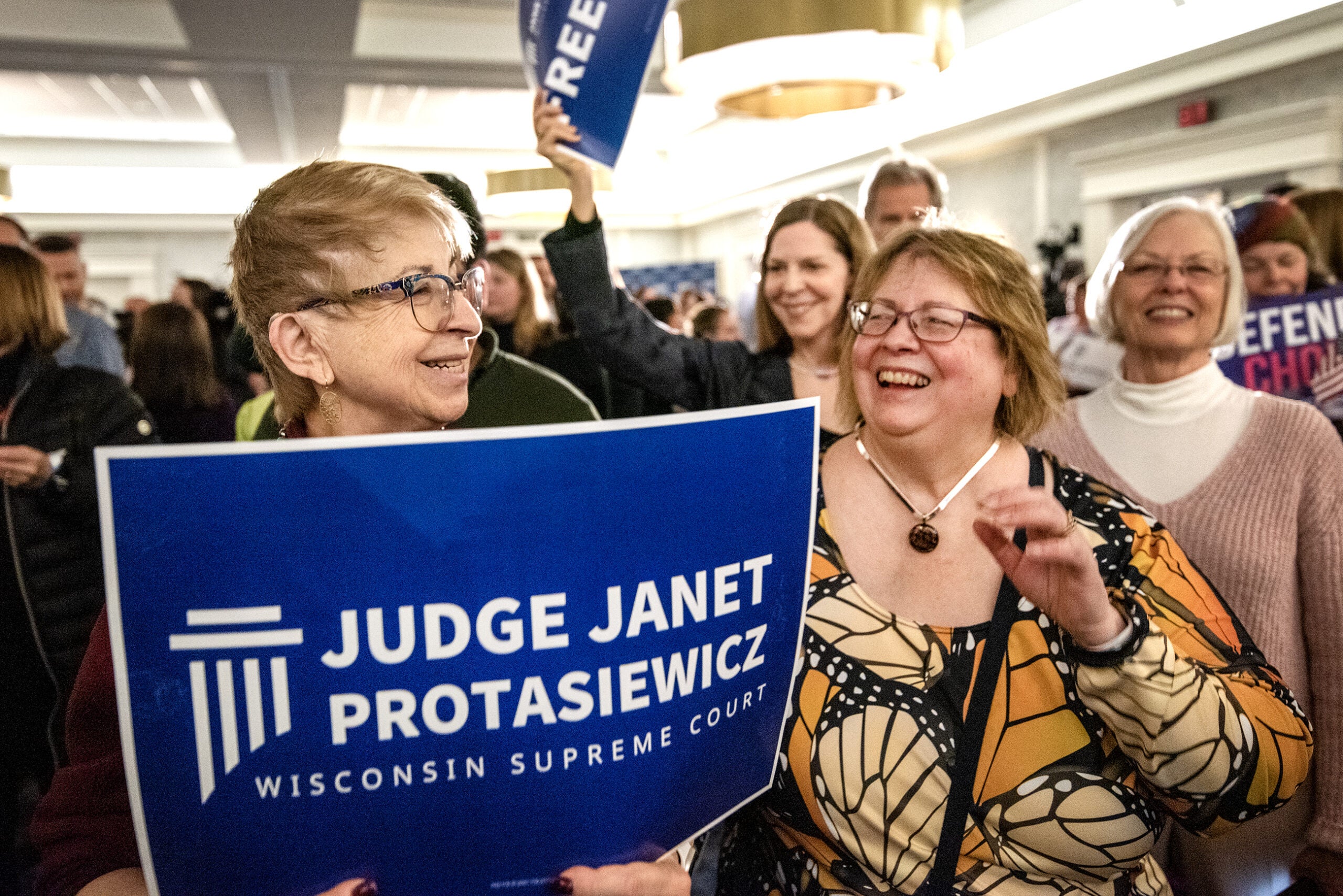
The race could lead to soul-searching among some Republicans. In the February Supreme Court primary, many backed Waukesha County Judge Jennifer Dorow, a fellow conservative who gained national prominence when she oversaw the criminal trial of Darrell Brooks Jr., the man who killed six people and injured dozens of others in the 2021 Waukesha Christmas Parade tragedy. Kelly and his conservative allies campaigned aggressively against Dorow, and so did the liberal group A Better Wisconsin Together.
Protasiewicz will replace Roggensack on the court, who was first elected 20 years ago and decided not to seek a third term. Protasiewicz’s term will begin on Aug. 1 and last until 2033.
Barring the unexpected, the next chance conservatives have to flip the court back will be in April 2025, when liberal Justice Ann Walsh Bradley is up for reelection.
Edior’s note: Wisconsin Public Radio’s Anya van Wagtendonk contributed reporting to this story.
Wisconsin Public Radio, © Copyright 2025, Board of Regents of the University of Wisconsin System and Wisconsin Educational Communications Board.

